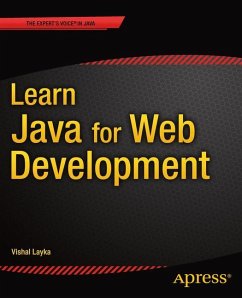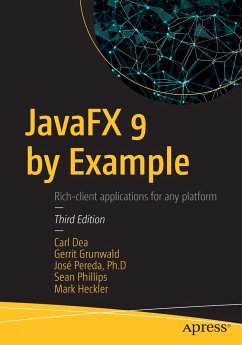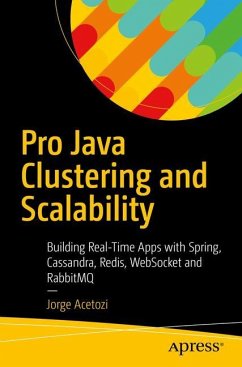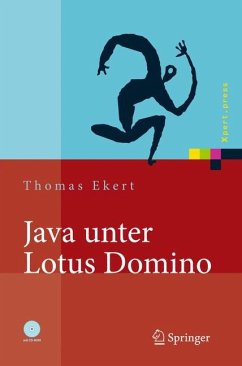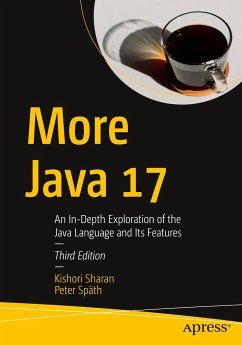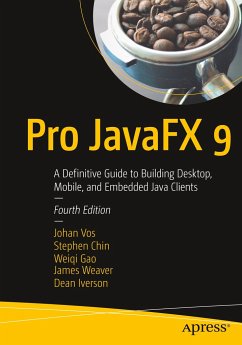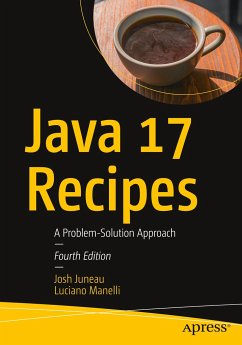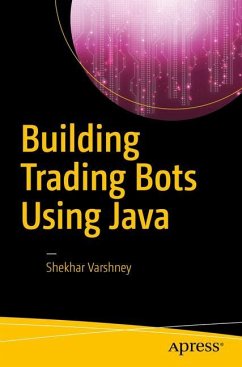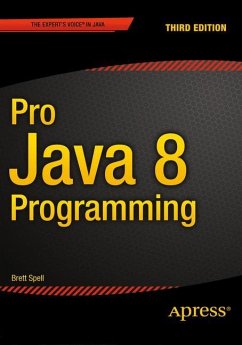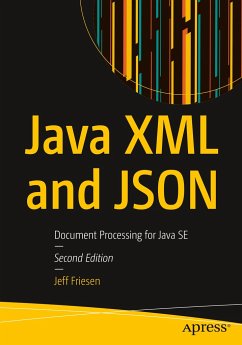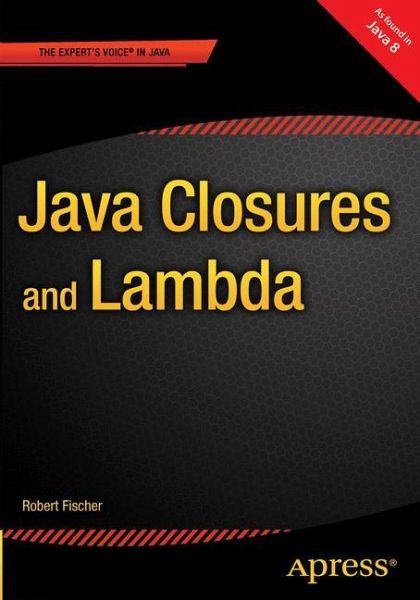
Java Closures and Lambda

PAYBACK Punkte
15 °P sammeln!
Java Closures and Lambda introduces you to significant new changes to the Java language coming out of what is termed Project Lambda. These new changes make their debut in Java 8, and their highlight is the long-awaited support for lambda expressions in the Java language. You ll learn to write lambda expressions and use them to create functional interfaces and default methods for evolving APIs, among many other uses.The changes in Java 8 are significant. Syntax and usage of the language are changed considerably with the introduction of closures and lambda expressions. This book takes you throug...
Java Closures and Lambda introduces you to significant new changes to the Java language coming out of what is termed Project Lambda. These new changes make their debut in Java 8, and their highlight is the long-awaited support for lambda expressions in the Java language. You ll learn to write lambda expressions and use them to create functional interfaces and default methods for evolving APIs, among many other uses.
The changes in Java 8 are significant. Syntax and usage of the language are changed considerably with the introduction of closures and lambda expressions. This book takes you through these important changes from introduction to mastery. Through a set of clear examples, you ll learn to refactor existing code to take advantage of the new language features. You ll learn what those features can do for you, and when they are best applied. You ll learn to design and write new code having these important new features in mind from the verybeginning.
Clearly explains the fantastic benefits resulting from Project Lambda Explains the syntax and IDE support for the new features Shows how to streamline your code by bringing some of the benefits of functional programming to the Java language Illustrates parallelism in closures through Stream and Spliterator objects Explains API evolution by adding methods to existing interfaces without breaking existing interface implementations, a technique addressing potential multiple inheritance issues
The changes in Java 8 are significant. Syntax and usage of the language are changed considerably with the introduction of closures and lambda expressions. This book takes you through these important changes from introduction to mastery. Through a set of clear examples, you ll learn to refactor existing code to take advantage of the new language features. You ll learn what those features can do for you, and when they are best applied. You ll learn to design and write new code having these important new features in mind from the verybeginning.
Clearly explains the fantastic benefits resulting from Project Lambda Explains the syntax and IDE support for the new features Shows how to streamline your code by bringing some of the benefits of functional programming to the Java language Illustrates parallelism in closures through Stream and Spliterator objects Explains API evolution by adding methods to existing interfaces without breaking existing interface implementations, a technique addressing potential multiple inheritance issues






